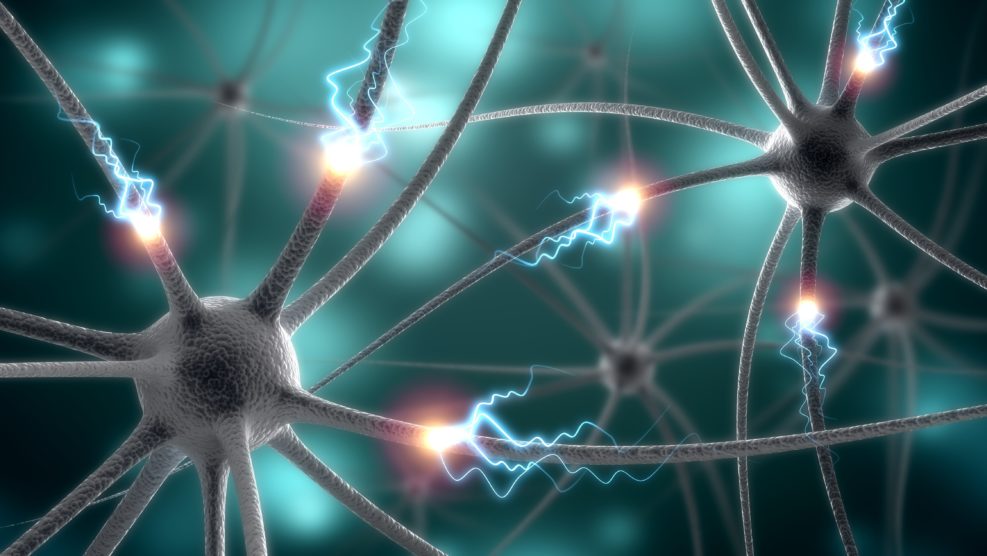
How Our Brains Are — and Aren’t — Like Computers
Pediatric neurologist Andrew Knox looks at the topic with computer engineer Robert J. MarksIn the podcast released today, Walter Bradley Center director Robert J. Marks interviewed pediatric neurologist Dr. Andrew Knox from the University of Wisconsin School of Medicine and Public Health on “Ways the brain can break” (#220, January 5, 2023): The brain is a marvelous organ still not understood. Artificial neural networks are supposed to be a simulation of the human brain. But comparing the brain to an artificial neural network is like comparing the human heart to a pump handle. Dr. Andrew Knox and Dr. Robert J. Marks discuss the brain, aging, and neurology. https://mindmatters.ai/wp-content/uploads/sites/2/2022/12/Mind-Matters-220-Andrew-Knox-Episode-1.mp3 This portion begins at 00:04 min. A partial transcript and Additional Resources follow. Robert J. Marks: I got to ask you kind of a personal Read More ›








